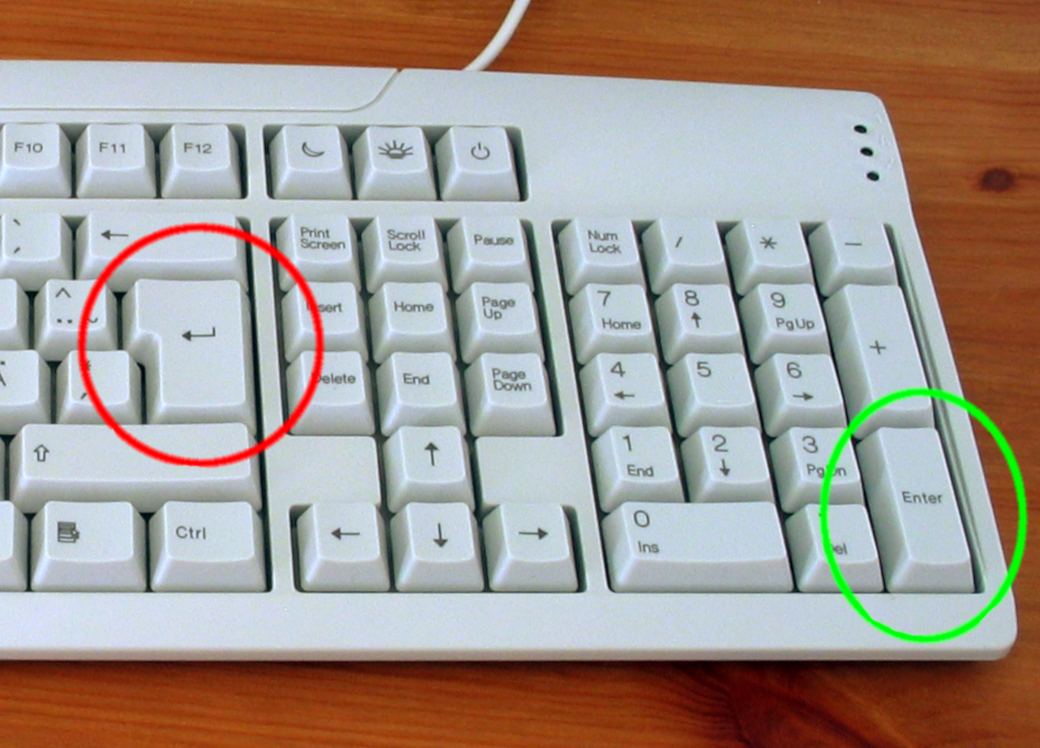Hi, I will really appreciate any input from people with experience in this matter.
I would very much like to be in FM if there are opportunities to do full scope FM. Is this possible to do in Texas? I really do not mind practicing in rural underserved areas. I would also really like to devote 20% of my time to international humanitarian missions like MSF, so I think the primary care skillset will help me there.
what is the future in doing any obgyn or complicated procedures by the time I graduate, given how everything is being driven towards specialization? http://www.aafp.org/about/the-aafp/family-medicine-facts/table-12.html . Also there seem to be issues of lack of malprac insurance, hospital privileges, turf battles with obgyn/peds. So with that in mind, can I still hope to do any procedures or will it be simple outpatient clinic stuff? I would like to do just enough procedures (*scopes, ob, minor surg procedures?!) to satisfy the urge of doing something worthwhile w/ my hands, and I’m not good w/ my hands and definitely not cut out for surgery.
Also, I wonder why would women go see FM instead of obgyn or not take their kids to a ped instead? And minus the obgyn/ped, IM then looks more attractive over FM because of the training to do deep differential dx. Sadly, the trend of moving the procedures to the specialists seems to be true for IM also -- http://www.ncbi.nlm.nih.gov/pmc/articles/PMC2855006/
Bottomline: what kind of procedures can I reasonably expect most likely to be doing in FM vs IM in a rural setting? Which TX residencies are geared towards full scope practice?
Thank you
Edits: Added linebreaks.
I would very much like to be in FM if there are opportunities to do full scope FM. Is this possible to do in Texas? I really do not mind practicing in rural underserved areas. I would also really like to devote 20% of my time to international humanitarian missions like MSF, so I think the primary care skillset will help me there.
what is the future in doing any obgyn or complicated procedures by the time I graduate, given how everything is being driven towards specialization? http://www.aafp.org/about/the-aafp/family-medicine-facts/table-12.html . Also there seem to be issues of lack of malprac insurance, hospital privileges, turf battles with obgyn/peds. So with that in mind, can I still hope to do any procedures or will it be simple outpatient clinic stuff? I would like to do just enough procedures (*scopes, ob, minor surg procedures?!) to satisfy the urge of doing something worthwhile w/ my hands, and I’m not good w/ my hands and definitely not cut out for surgery.
Also, I wonder why would women go see FM instead of obgyn or not take their kids to a ped instead? And minus the obgyn/ped, IM then looks more attractive over FM because of the training to do deep differential dx. Sadly, the trend of moving the procedures to the specialists seems to be true for IM also -- http://www.ncbi.nlm.nih.gov/pmc/articles/PMC2855006/
Bottomline: what kind of procedures can I reasonably expect most likely to be doing in FM vs IM in a rural setting? Which TX residencies are geared towards full scope practice?
Thank you
Edits: Added linebreaks.
Last edited:

